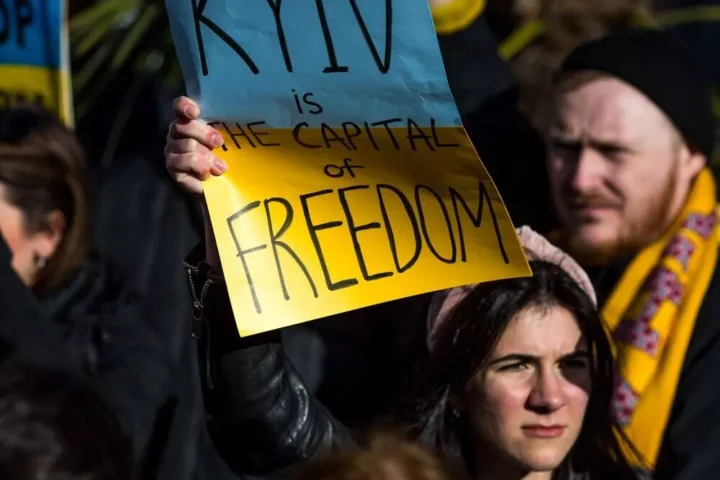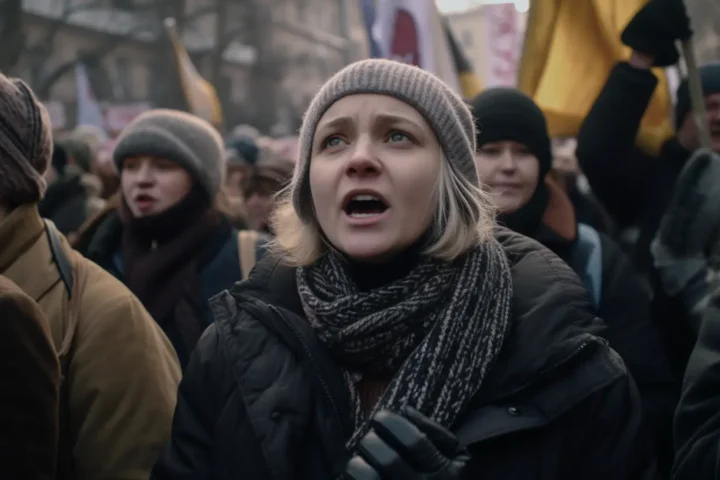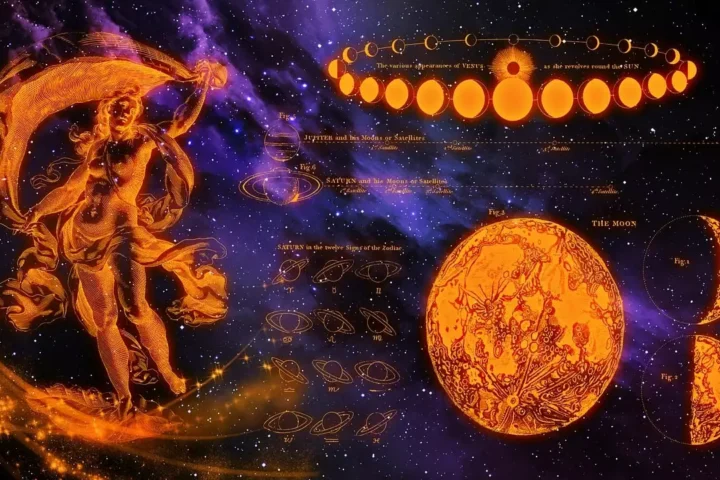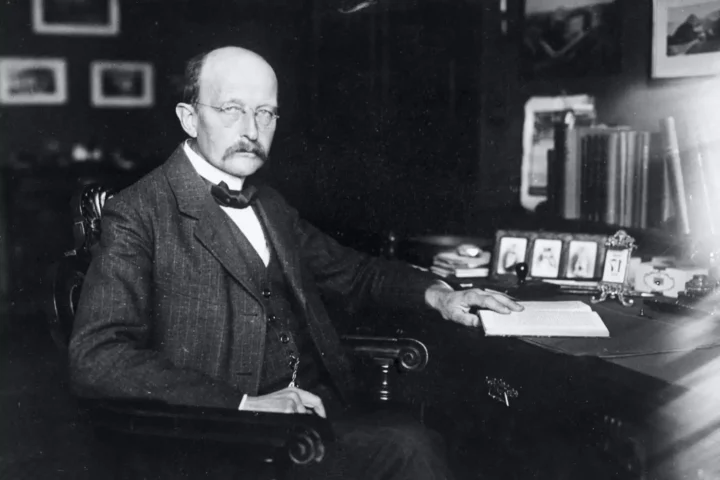The war between Russia and Ukraine started a year ago, but the situation in eastern Ukraine has remained tense and unresolved. The military conflict resulted in the death of many people and the destruction of infrastructure in the region. The damage is estimated at hundreds of billions of dollars.
Clearly, Russia has not achieved its explicit goals in this war, making it vulnerable to its imperial ambitions. Despite significant military superiority and the presence of powerful military resources, Russia did not manage to completely control the territory of Eastern Ukraine, and in some parts of Ukraine it had to hastily retreat.
On the other hand, Ukraine faced difficulties in liberating the occupied territories. Many Ukrainians across the country live with the constant threat of being targeted by Russian missile attacks. At the same time, many Ukrainians have already left for other countries and many people are not going to return. Daily attacks on cities and critical infrastructure in Ukraine are indicative of ongoing military activity. Under these conditions, Ukrainians are forced to adapt to a new reality, where the threat of military violence is becoming commonplace and could potentially last for decades.
Ukrainian Anticipated Offensive
Many sources talk about a possible counteroffensive from Ukraine. It is obvious that the country is preparing for such a scenario. However, Russia is also aware of these intentions and is preparing for a possible increase in hostilities. This indicates that the conflict may continue into a protracted phase unless significant steps are taken to resolve the situation.
It is important for Ukraine to mobilize and continue to fight for the liberation of the occupied territories. The restoration of sovereignty and territorial integrity must remain the highest priority. The Ukrainian armed forces need support from both the national government and the international community. The provision of modern weapons, training and intelligence assistance can significantly strengthen Ukraine’s position on the battlefield.
The Issue of Weakening Russia as a Way to Stabilize the Situation in the Region
Western countries need to take decisive action to weaken Russia and its imperial ambitions. This could include more economic sanctions, restricting financial flows, and politically isolating the Russian government. The role of Western countries in stopping the war between Russia and Ukraine is colossal.
The issue of changing the criminal regime of Putin’s rule (the International Criminal Court in The Hague issued an arrest warrant for Russian President Vladimir Putin) is also on the agenda, but it is complex and requires careful analysis. It is important to recognize that a long-term solution to the conflict requires not only changes in the Russian government. It’s also profound structural and political changes. Western countries should support the opposition in Russia and promote the development of civil society in order to create the conditions for future changes. And as long as the opposition is weak, Putin and his associates will continue this war. They will not admit the failure of their military operation. They will continue their propaganda inside Russia and thereby maintaining their stay in power.
Changes in the Minds of Russians
In order to permanently prevent Russian aggressive actions in the future, an internal change in Russia itself is needed. This can be achieved through the development of democratic institutions, the strengthening of human rights and the expansion of civil society. It is worth recalling that at the start of the war, many who disagreed with the actions of the government simply left the country. Many of them because they did not feel safe in their own country.
In the broadest sense of the matter, the Russian people must realize the discrepancy between the government’s ambitions and its own interests and needs. But this is also a process. And until a critical mass of people is formed who are against the war in Russia itself, the less likely it is to force Russia to stop hostilities in Ukraine and withdraw its troops from the territory of a foreign country.
The war in the East of Ukraine, as well as Russia’s participation in other conflicts of recent years. For example, in Georgia, Syria and Moldova, testify to the desire of the political elite of Russia to restore its influence and claims to a sphere of influence in these regions. It is a matter of concern that the propaganda machine inside Russia is working to ensure that such actions arouse unambiguous support among its citizens. But the Russians should think about the fact that by supporting the war between Russia and Ukraine they become accomplices and guilty in the deaths of people.






